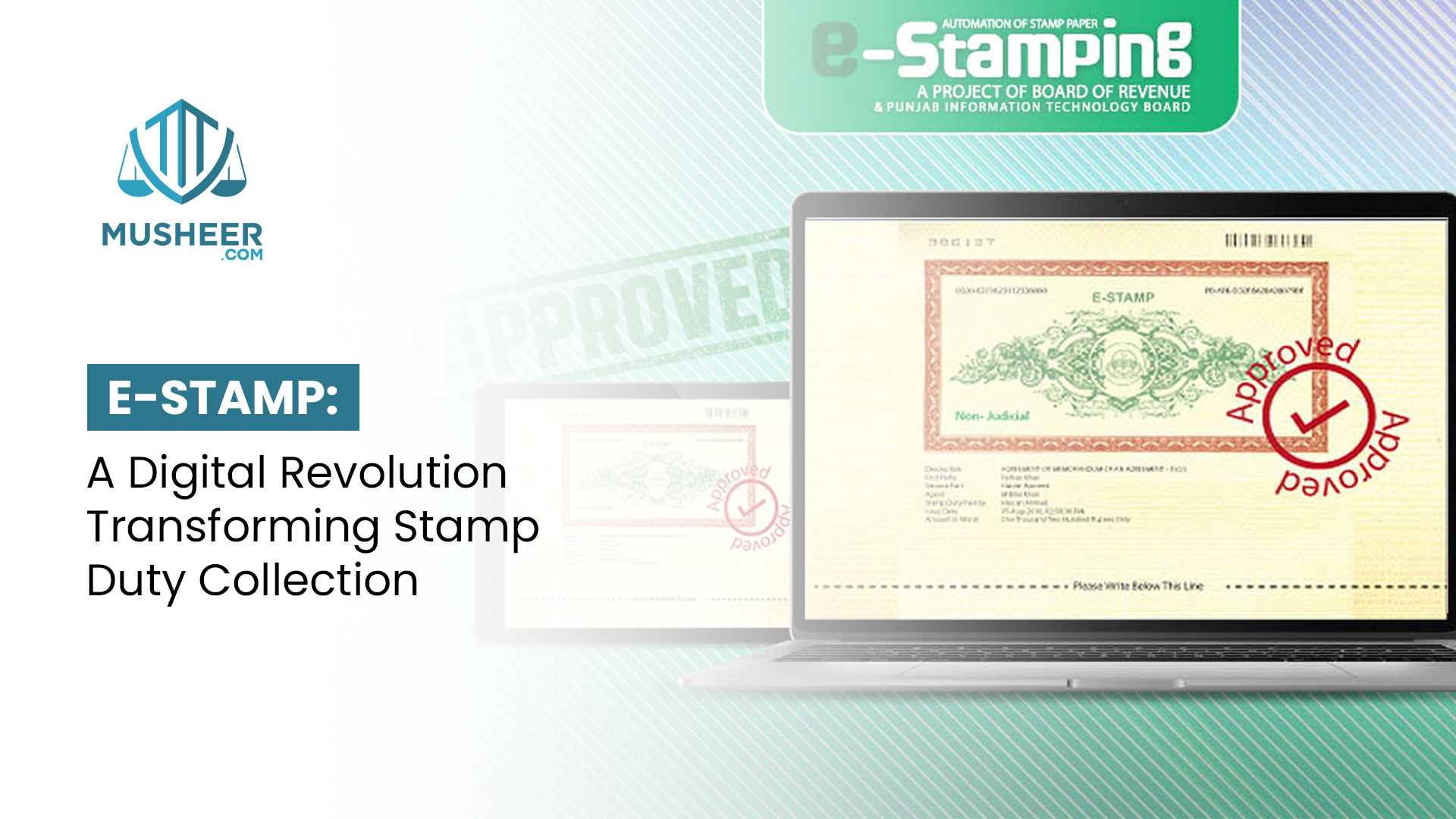Pakistan has a thriving IT industry, and many individuals and organizations are interested in registering their software houses. Software development is an ever-growing industry in Pakistan, with many talented developers and entrepreneurs emerging. Starting a software house in Pakistan can be a profitable venture. However, the registration process can be confusing and time-consuming. So it requires careful planning and legal registration to ensure the business is operating legally. This blog will discuss the necessary steps to register a software house in Pakistan.
Step 1: Choose A Business Entity
The first step in registering a software house in Pakistan is to choose a business entity. There are several options to choose from, including a sole proprietorship, partnership, limited liability partnership (LLP), private limited company, or public limited company. The most common entity for a software house is a private limited company.
The name should be memorable and easy to pronounce and not conflict with any existing trademarks or registered business names. The name must also follow the guidelines provided by the Securities and Exchange Commission of Pakistan (SECP) to ensure compliance with the Companies Act 2017.
Step 2: Obtain Digital Signature Certificate (DSC)
The next step is to obtain a Digital Signature Certificate (DSC). A DSC is an electronic signature form that can be used to sign documents online. It is required for many online processes, including company registration in Pakistan. To obtain a DSC, you need to submit an application to the National Institutional Facilitation Technologies (NIFT).
Step 3: Apply For Name Reservation
Once you have obtained a DSC, the next step is to apply for a name reservation. It involves submitting an application to the Securities and Exchange Commission of Pakistan (SECP) for approval of your chosen name for the software house. The SECP is the regulatory body responsible for registering and regulating companies in Pakistan. The following documents are required to register a software house with the SECP:
- Memorandum of Association (MOA)
- Articles of Association (AOA)
- Form A (Declaration of Compliance)
- Form 21 (Notice of Appointment of Directors)
- Form 29 (Particulars of Directors, Managers, and Secretaries)
- CNIC copies of all directors
The MOA and AOA are the two most important documents required for registration. The MOA outlines the company's objectives and scope of operations, while the AOA specifies the company's internal management structure. You can check the availability of your chosen name on the SECP website.
Step 4: Obtain National Tax Number (NTN)
Once the business is registered with the SECP, the next step is registering for Federal Board of Revenue (FBR) taxation. The FBR is responsible for collecting and administering taxes in Pakistan. The registration process involves obtaining a National Tax Number (NTN) and Sales Tax Registration Number (STRN) from the FBR. These numbers are required for filing tax returns and conducting business in Pakistan.
Step 5: Open A Bank Account
After obtaining the necessary registrations, the next step is to open a bank account for the business. A bank account is necessary for receiving payments and paying expenses related to the software house. The business can choose any bank in Pakistan to open the account, and the bank will require the company's registration documents and NTN certificate to open the account.
Step 6: Register With The Pakistan Software Export Board (PSEB)
The Pakistan Software Export Board (PSEB) is a government agency that promotes and regulates the software industry in Pakistan. Registration with the PSEB is voluntary but provides many benefits, including access to government incentives and grants, networking opportunities, and market intelligence. The registration process involves submitting an application to the PSEB and meeting specific criteria, such as having a minimum number of employees and annual revenue.
Step 7: Register With The Chamber Of Commerce
Registering with the Chamber of Commerce is optional, but it provides many benefits, including networking opportunities, access to business resources, and credibility. The Chamber of Commerce is a non-profit organization representing businesses' interests in a particular region or industry. To register with the Chamber of Commerce, the company must submit its registration documents and pay a membership fee.
Conclusion
Registering a software house in Pakistan can be daunting, but it is essential to ensure the legitimacy and credibility of your business. By following the above steps, you can easily register your software house and take advantage of the various benefits available to software houses in Pakistan. Or you can make the registration experience a breeze with Musheer.com’s company registration services. You can take legal representation from Musheer without paying any physical visits. So it’s a good idea to take legal aid during registration to ensure compliance with all legal requirements.









